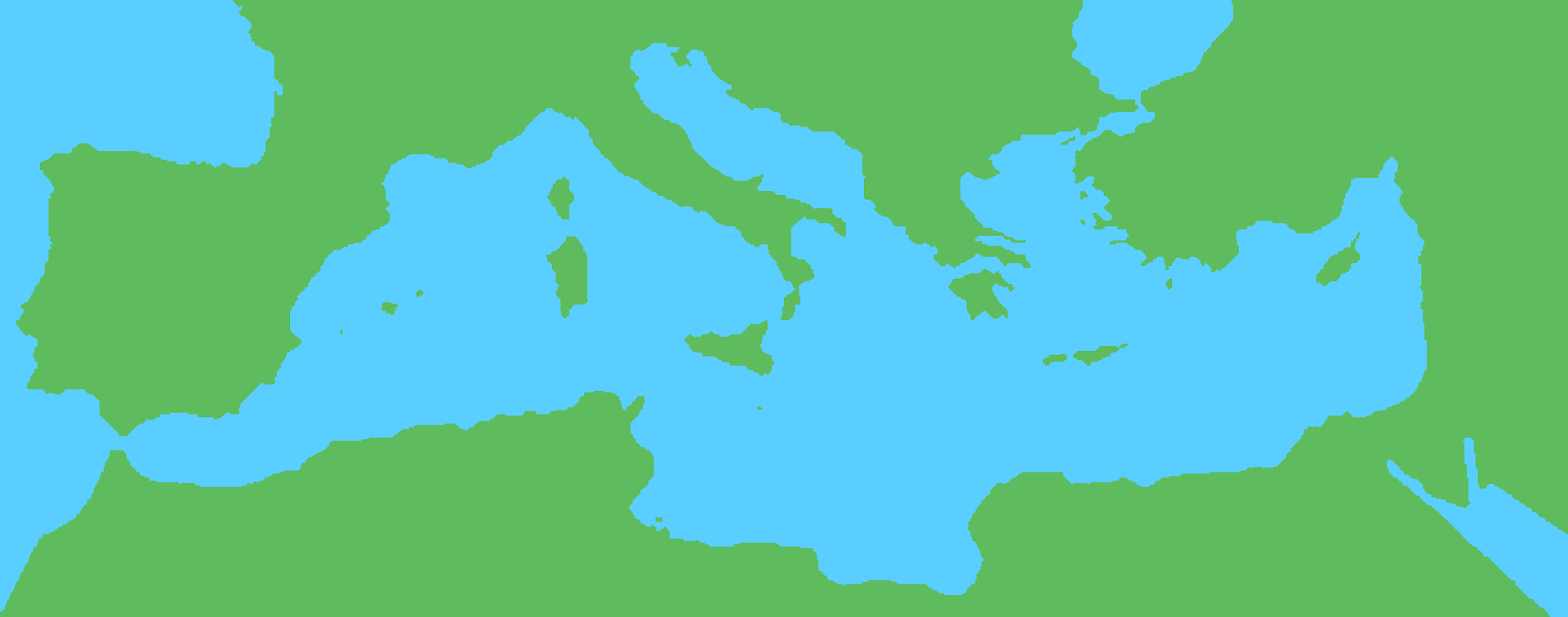Syria. On 15th a pair of car bombs
has killed at least six people and wounded several others in a refugee
camp near the border with Jordan. The car bombs came just hours after
air raids hit a Syrian border town in the eastern province of Deir Az
Zor and killed at least 30 people. On 16th a new round of Syria peace talks
opened in Geneva. Five previous rounds of UN-backed negotiations have
failed to yield concrete results and hopes for a major breakthrough
remain dim. On 21st the Syrian regime regained total control of the central city of Homs with the Russian-supervised evacuation of rebels from the last area they had controlled.
Libya. On 15th the Ambassador of the Netherlands, Eric Strating, met Khalifa Haftar and then Aqilah Saleh, whereas the Spanish government appointed Francisco de Miguel as the new Ambassador to Libya serving from the embassy’s office in Tunisia. On 17th Egyptian Army Chief of Staff,
Lieutenant General Mahmoud Hegazy, met the leader of the Libyan
National Army (LNA), Field Marshall Khalifa Haftar, in the Libyan port
city of Benghazi. They discussed the recent developments in the Libyan
situation as well as the efforts to promote a political dialogue between
the North African country’s warring factions. On 18th the Third Force attacked the southern base of Brak Al-Shati,
which they had previously ceded to an opposing faction aligned with the
eastern-based Libyan National Army (LNA). Arguably the attack was not ordered by internationally recognized government. Moreover, the new French president, Emmanuel Macron, seems to be reviewing
its position on the Libyan conflict and for the first time openly
called for a united national army to battle Islamist militants. On 20th President Fayaz Sirraj and US President Donald Trump held a meeting
on the sidelines of Arab-Islamic-American Summit in Riyadh discussing
the fight against terrorism. In a separate meeting Sirraj spoke with US
Secretary of State, Rex Tillerson, who reiterated his country’s support
for an inclusive solution that brings stability again to Libya.
Trump. President Trump is visiting various states in the Middle East. Saudi Arabia will try to gain influence. President Trump set out from Washington on 19th for the nine-day trip which includes stops in Saudi Arabia, and
the Vatican where he will meet with Pope Francis. Then he moves on to
Brussels to meet NATO leaders an then the G7 meeting of world economic
powers in Sicily.
Algeria. On 4th Algerians voted for a new parliament
but candidates have found a public disillusioned by an opaque political
system and the government’s failure to keep its promises. Moreover,
Algeria is considered particularly vulnerable in North Africa, with fears of a return to the instability due to the low global oil prices experienced since mid-2014. Oil and gas account for 95% of Algerian exports and some 60% of government revenues.
Iran. Iranians are voting a presidential election, in which Hassan Rouhani won a second term.
Mr Rouhani, 68, a moderate cleric who negotiated a landmark nuclear
deal with world powers in 2015, was standing against three other candidates
among which Ebrahim Raisi, an hardline cleric. More than 54 million
people were eligible to vote in the election. Here an interview to prof.
Morris Mottale, Franklin College, on the election.
Iraq. On 18th Syrian President, Bashar Al-Assad, received Iraqi National Security Adviser, Faleh Al-Fayad, to discuss military cooperation
between the two countries. It was stressed the importance of continuing
to strengthen the existing military cooperation between Syria and Iraq,
especially in their fight against ISIS along their shared border. On
19th more than 50 people have been killed in a string of suicide car bomb attacks in Iraq’s capital and the southern province of Basra.

